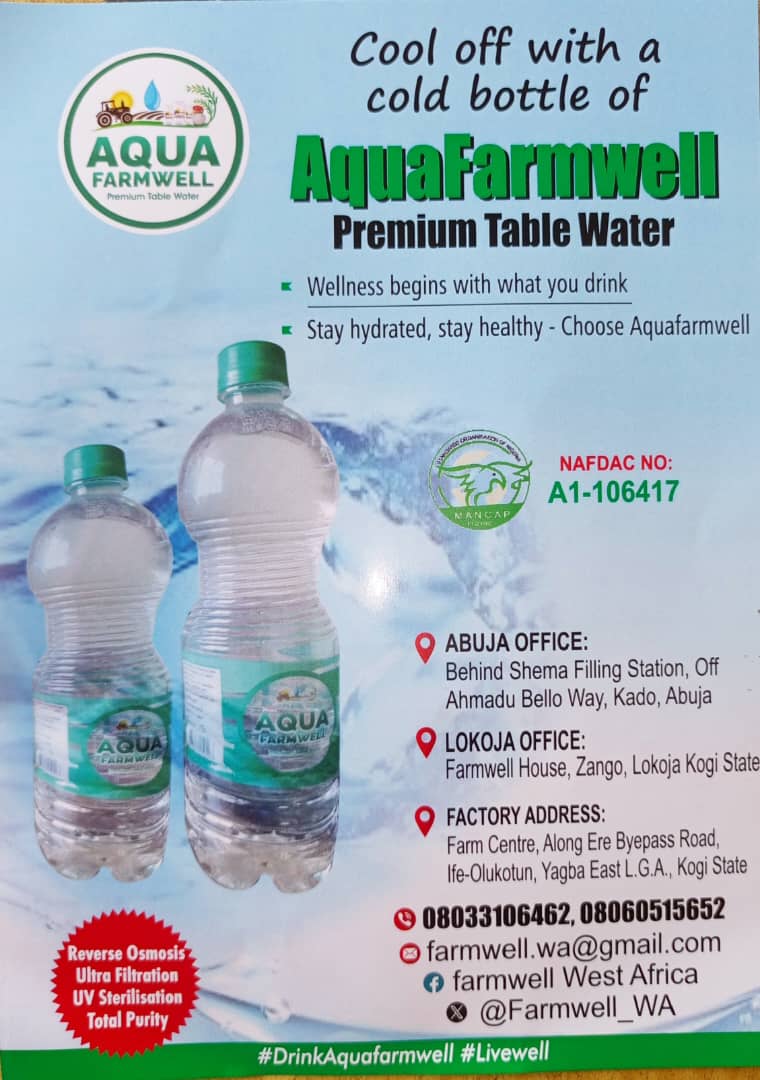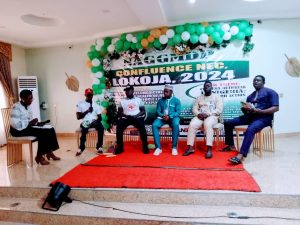

The National Association of Government General Medical and Dental Practitioners (NAGGMDP), has called for the inclusion of Telemedicine into the medical curriculum to address braindrain in Nigeria’s health sector.
The President of NAGGMDP, Dr Peterside Starson Sofiri, made the call during the association’s National Executive Council (NEC) meeting, tagged “Confluence NEC, Lokoja 2024”.
 The event with the theme: “The Role of Telemedicine in enhancing the health of Rural Dwellers and People with Disability (PWD)”, had participants across the States of the federation.
The event with the theme: “The Role of Telemedicine in enhancing the health of Rural Dwellers and People with Disability (PWD)”, had participants across the States of the federation.
Dr Sofiri defined telemedicine as the use of electronic communication and information technologies to provide healthcare services remotely.
According to him, it allows patients to consult with healthcare professionals and receive medical care without being physically present in the same location.
Sofiri advocated for the inclusion of telemedicine into medical curriculum and a favourable legislation to improve accessibility of vulnerable citizens to healthcare services in Nigeria.
“We are having this conversation to promote telemedicine as the best way to improve PWDs’ accessibility to healthcare services through a modern day enablement.
“We want to improve on their accessibility to healthcare through telemedicine considering their situation.
“There is need to propose and formulate policies that will improve key stakeholders’ commitment to improve accessibility of PWDs to healthcare
“Telemedicine should be accessible to everyone especially the PWDs; when you have an ailment you should be able to pick up your phone and be diagnosed regardless of your location,” Sofiri said
He added: “We are also discussing other matters concerning their welfare, how they are being treated in the society as well as their deprivation and inclusion in the system
“In NAGGMDP, we have taken the issues affecting the PWDs as our social responsibility by establishing a foundation strictly for that purpose, to address their narratives, rights and welfare.
“Our Association has doctors all over the country in government health facilities in federal, state, local government and communities to drive this initiative”.
Earlier, the Kogi Chairman of NAGGMDP, Dr Nkemakolam Stanley Ugoh, stressed the need to legally incorporate telemedicine into the nation’s healthcare delivery system.
Dr Ugoh opined that the legal incorporation of telemedicine into healthcare system, would address the negative effect of braindrain as healthcare workers continue to exit the country in their numbers.
“As we explore the potential of telemedicine, let us recognize the various peculiar challenges confronting rural dwellers and PWDs such as poverty, stigmatisation, poor telecom and road networks, among others.
“We must strive for innovative solutions, collaborations, and actionable recommendations that will lead to improved healthcare especially those in hard-to-reach communities,” Ugoh said.
The NAGGMDP Chairman expressed his confidence that the gathering of the professionals and experts in various field at the event, would make a meaningful impact.
Ugoh appreciated Kogi State Governor, Alh. Ahmed Ododo, for his full support towards the success of the program, and congratulated him for his well-deserving victory at the Supreme Court.
In his lecture on “Cholera Outbreak in Nigeria as Call for Action”, the State Epidemiologist, Dr.Austin Ojotule, explained the historical perspective, Nigerian situation and drivers of the cholera outbreak.
Dr. Ojotule further, explained that the vibro cholera infection is usually characterised by vomiting, diarrhoea, and dehydration, and become a disease of global importance in 1817, with the current outbreak being the 7th one respectively.
He stressed the need for individuals, community, health workers, development partners and the government to play their roles in tackling the cholera outbreak in the country.
Also speaking, Mr Ibrahim Arome, the immediate past Board Chairman, Kogi State Disability Commission, commended NAGGMDP for the initiative to alleviating the plight of the PWDs.
Arome called for concerted efforts to create more awareness, make public buildings easily accessible, and also make sign language interpreters available in public places for the deaf impaired.
The stakeholders at the event were: Red Cross, NGOS, PWDs, WHO, Ministry of Health, Media and Faith base organisations.
